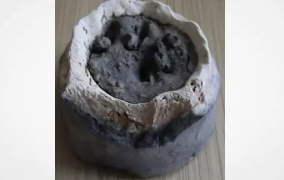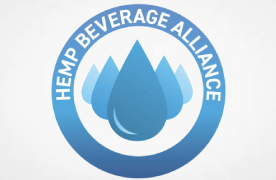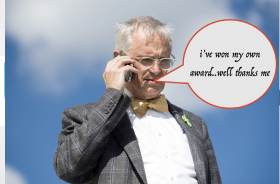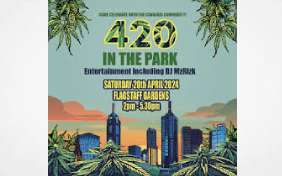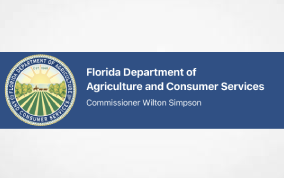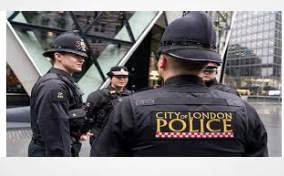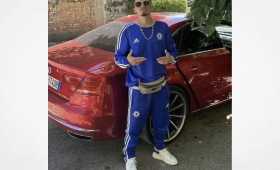On the heels of the opening of Phase 2 of non-retail cannabis licensing, the Los Angeles Cannabis Regulation Commission convened a Special Meeting yesterday. Law enforcement officers ushered a diverse crowd of lawmakers, business owners, community members into the Civic Auditorium of the Los Angeles Police Administration Building to discuss legal cannabis. People waited for the meeting to start, Hawaiian shirts mingling with suits, a group with brightly colored “resistance” shirt found a seats right in the middle of the auditorium. People rushed to fill out comment cards for 60 seconds to address DCR directly.
As the meeting was called to order, community members requesting comment time were called up to the microphone. Commentary ran the gamut. There were semi-coherent railings against the system, impassioned calls for meaningful social equity, and complaints about the online portal. Several people had to be asked to return to their seats when the talked over and beyond the buzzer signaling time up. I raised concerns about the safety of including applicants’ personal address on the publicly accessible applicant database.
After public comments concluded, the meeting shifted to the four agenda items:
- Status of Phase 1 Priority applications
- Status of Phase 2 application review
- Operating requirements for Temporary Approval and appeal procedures
- Unlicensed cannabis activity and law enforcement
The first committee presentation revealed that there have been 519 Phase 1 applications across 243 locations. To date there are 168 EMMDs with temporary approval, but DCR did not specify how many applicants have been weeded out and how many are simply awaiting approval. So far 156 authorization documents have been issued, while 75 locations remain unauthorized. Some fail Prop D requirements or violate zoning ordinances. A portion of applicants hashing out ownership disputes remain unauthorized as DCR withholds approval from applicants engaged in ongoing litigation.
Presentation on Item 2 did not provide much insight into the status of pending Phase II applications. DCR did not clarify timelines for Phase 2 processing. No decision has been made on the “in lieu” fee that applicants can pay instead of contracting with a social equity applicant. DCR did give some words of warning: Failing to pay any fees will keep applications in limbo, which could be a disadvantage given undue concentration ordinances if nearby applicants beat you to the punch. Required Fire Department cannabis inspection fees will be almost $920 on top of the other taxes and fees. “Overkill, overkill!” some shouted from the audience. The commission president reminded the audience that decorum must be upheld throughout the committee proceedings.
Coverage of operating requirements laid out what applicants need to do to keep their licenses. Temporary Approval sets out requirements for immediate compliance with state and local law, both cannabis-specific and general laws like health and safety codes and labor laws. The business is considered responsible for violations by agents, employees, and volunteers. Applicants should also be aware that inspections can come without warning. The City Attorney reiterated that DCR has the authority to do audits or investigations without notice during business hours or during any other “reasonable time” and to respond to allegations. One raucous audience member decided to comment aloud. The Committee President gave more than one warning, eventually threatening to have the neighsayer removed.
For those worried about dealing with a rejected application, DCR will provide a second chance for denied applicants, at a price. Audience members gasped as the presenter revealed the $4,687 appeal fee. The request must occur within 15 days of the business being notified of the denial. It remains to be seen how much of a remedy appeals will provide denied applicants.
Unlicensed cannabis activity was also discussed. Those continuing unlawful operations skirt regulatory requirements and fees, making them unfair competition to businesses who have jumped through the hoops to become licensed. To enforce the law against businesses continuing to operate outside of regulated market, DCR may hit non-compliers with civil penalties, criminal misdemeanor charges or render them ineligible for licensure. An online portal also allows anyone to levy complaints against non-compliant businesses for “significant criminal activity” to be flagged for DCR investigation. If opponents of legalization or cutthroat competitors abuse this system, it could create a sticky situation for those operating in compliance with the law.

